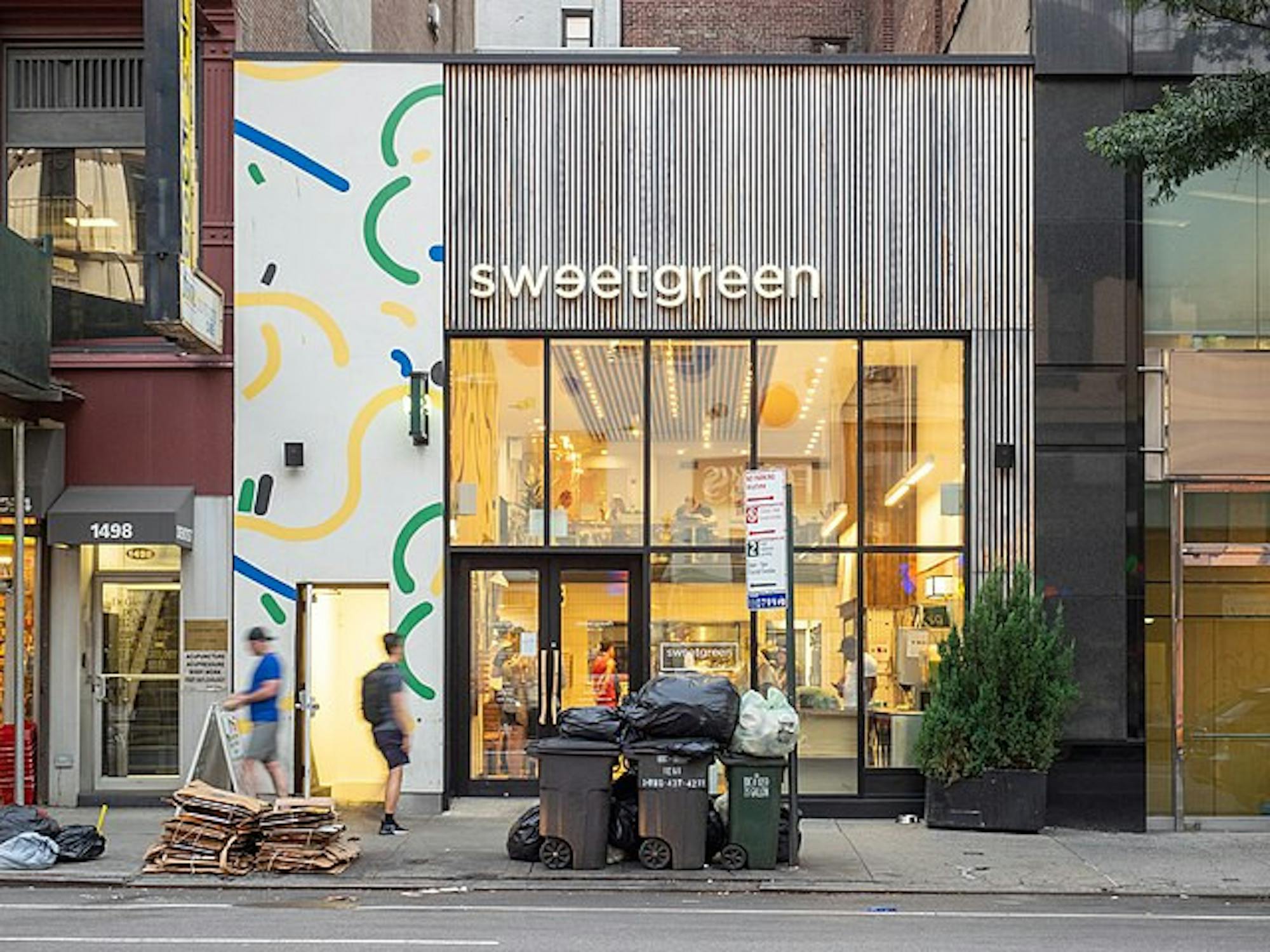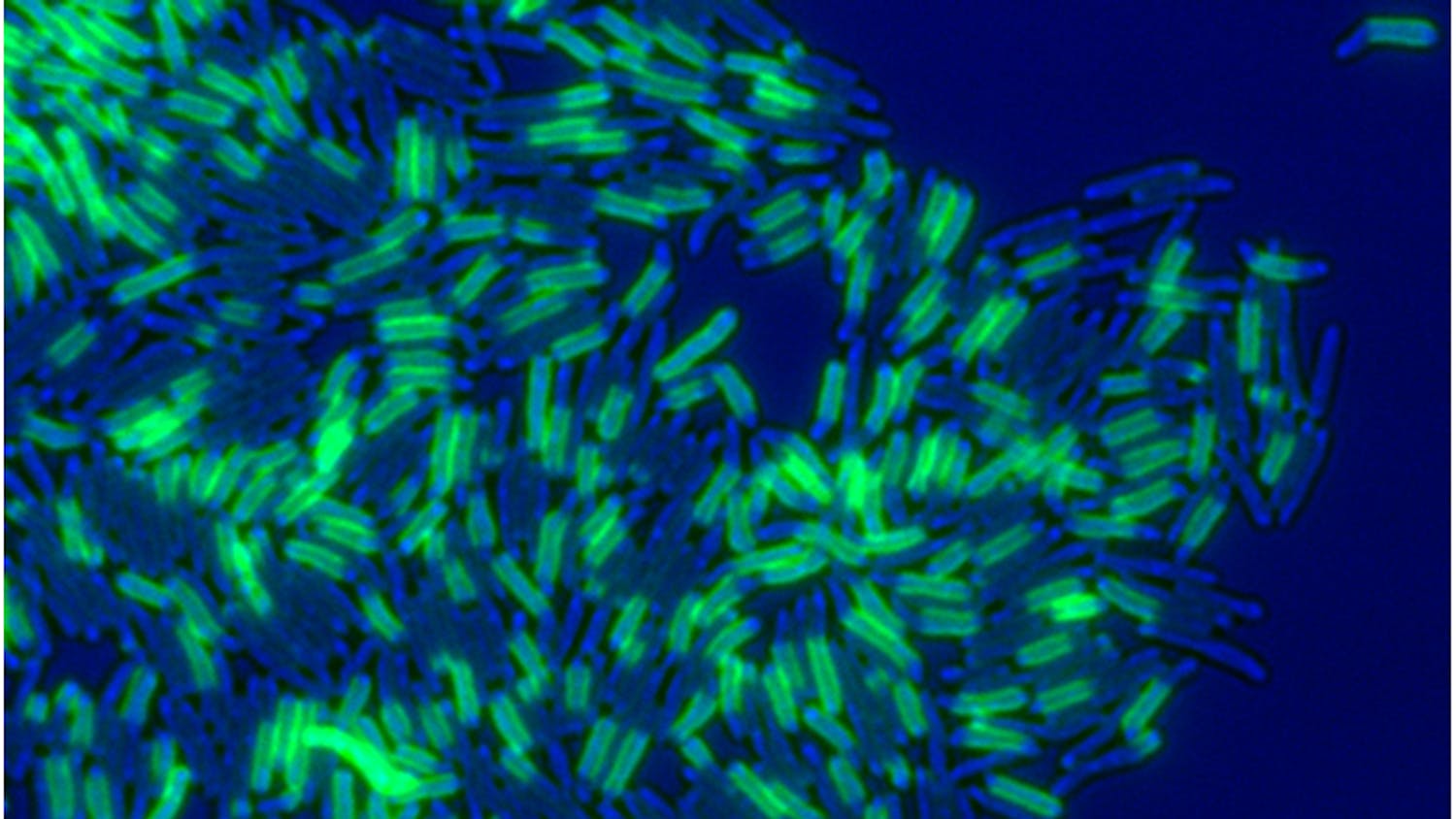The redefinition of the salad-making worker is upon us. Heralded by Sweetgreen, what once was a person in a plain Sweetgreen uniform now has the potential to be a singular robotic arm. In 2021, Sweetgreen acquired Spyce, a robotically staffed, automated restaurant. Together with Spyce, technology is being developed to roboticize Sweetgreen’s salad-making experience.
There is, however, competition on the horizon. Dexai Robotics, an MIT startup, also creates robots to service restaurants. Sweetgreen’s strategic acquisition of Spyce over Dexai Robotics represents the intersection of science and business models.
Nicolas Jammet, Sweetgreen’s co-founder, notes that their model is made around assembly. Spyce robots are designed in a way that they must be used in a restaurant fully made for them.
Dexai’s robots, however, are easy to generalize — they can be placed anywhere to perform a specific task. Sweetgreen’s business model will require a refurbishment of locations to accommodate Spyce robots.
Taking the form of an off-white metallic arm, the Dexai robot sits affixed to the counter. It is faceless, voiceless and is rather jarring to the eyes. The only things essential to its function are a suction cup, light, camera and lever. With this essential equipment, it picks up tools and uses a weight-based system to correctly portion the items in your order. Not much different from a human, it makes mistakes and is messy. They spill things or put too many ingredients, needing a human supervisor to correct them. These new robots do not eliminate the need for human workers, but merely reduce the scope of human responsibility on the job. Sweetgreen’s decision signals new headway being made in the restaurant industry. Yet, many questions remain unanswered. One of them, about unions, has already been broached by Jammet, who believes that unionization “will obviously accelerate the move to automation.” Will humans in service-based industries eventually become obsolete? As the robotics industry evolves, new conceptions of science and its interactions with business models will be found. For now, workers will continue to don their plain Sweetgreen uniforms and add a more friendly face to the salad-making experience.






